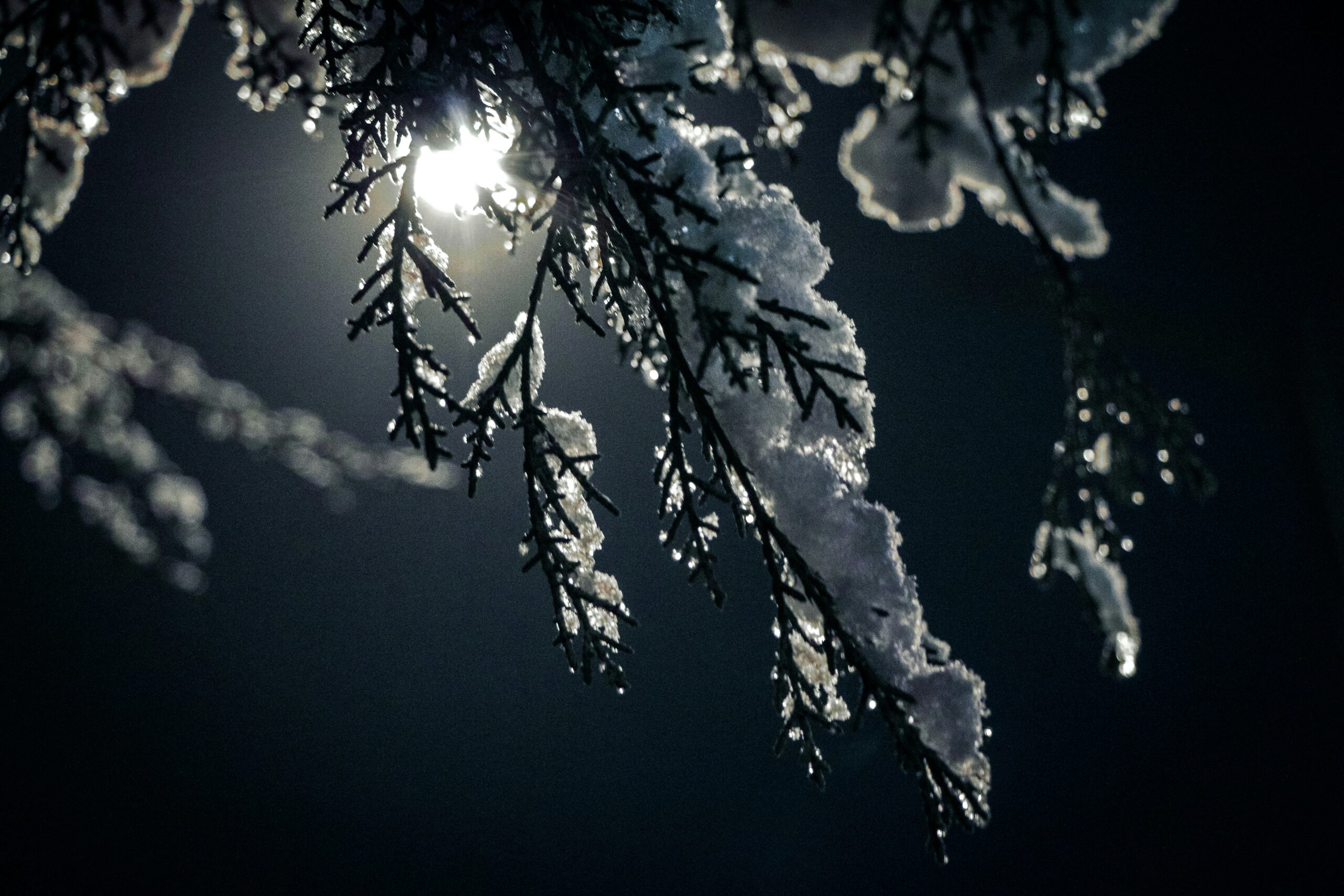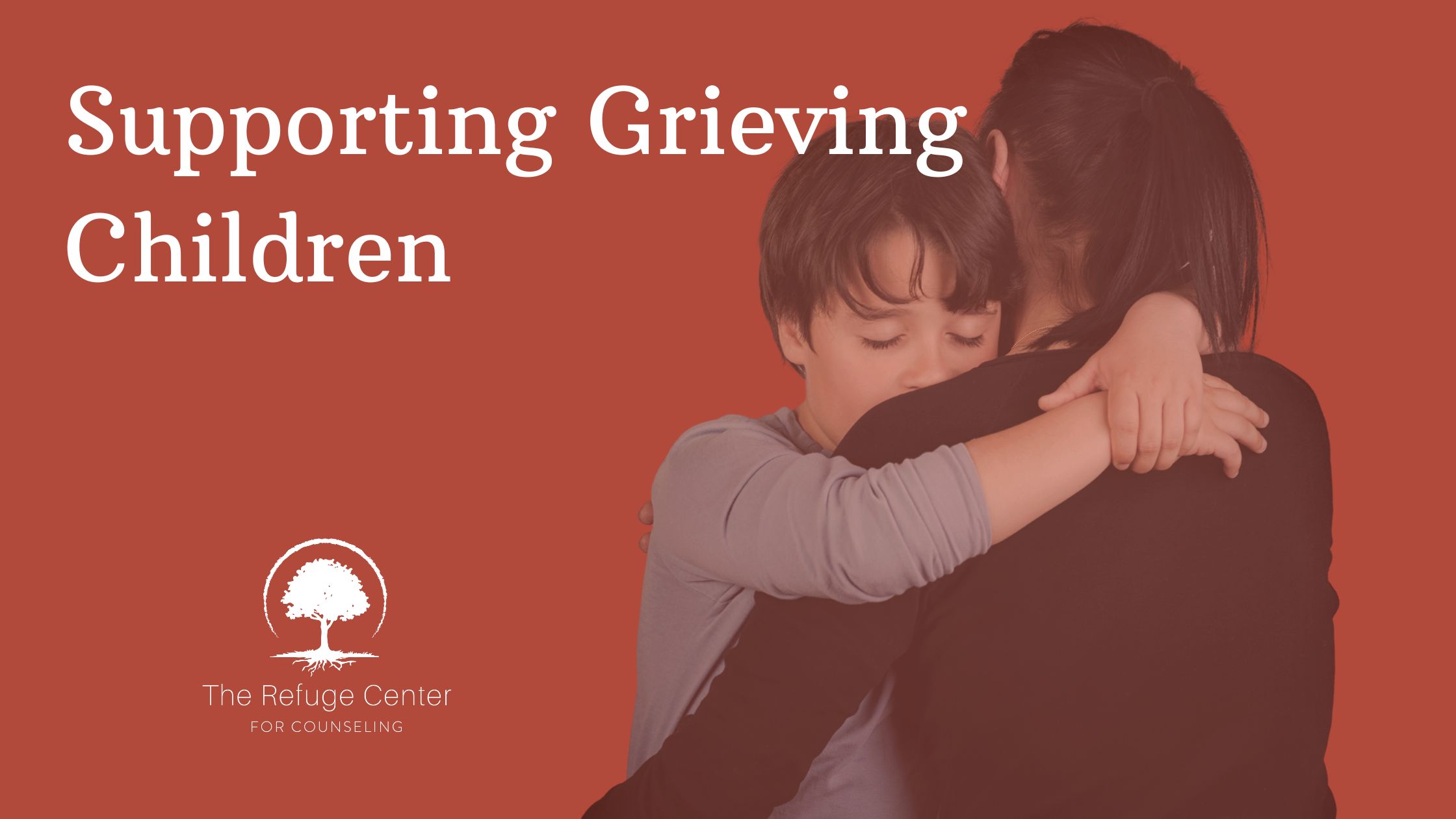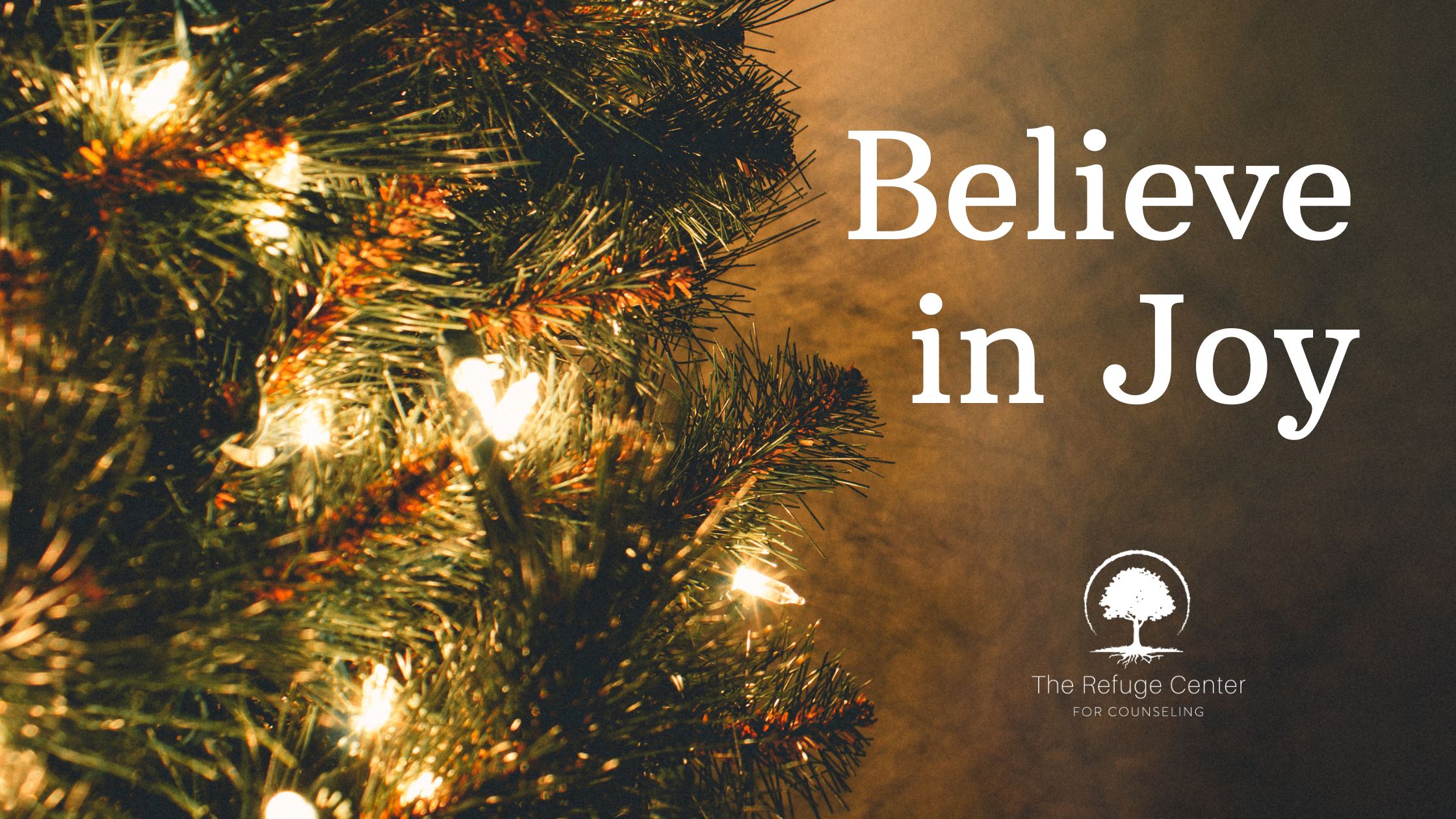By: Masters Level Intern, Piper Elrod
The beginning of the year has notoriously been a season filled with changes. Some of which inspire us and motivate us towards healthier, happier, and better versions of ourselves. We all gather around our loved ones on New Year’s Eve, counting down the final moments before we each step into a brand-new year of life. New Year’s resolutions are all the talk, and so many people desire to begin this new chapter with a renewed sense of self. Whether you chose to abstain from alcohol in the spirit of Dry January, finally start using the gym membership you bought months ago, or simply plan to spend more time with family and less time in the office, we all share this innate desire to be better, to try something different, and to take those leaps we have been debating for so long.
However, the beginning of the year can also bring upon changes and shifts in our lives that leave us feeling overwhelmed, frustrated, confused, or lost. Perhaps 2023 was a difficult year for you. Maybe for you, last year was filled with heartbreak, grief, or loss. Maybe you’ve lost a job, struggled with your health, or had conflict with loved ones. The New Year follows shortly after the hustle and bustle of the Holiday season, which alone can leave us exhausted. For many, holidays bring about joy, family, and closeness. But for many others, the holidays bring loneliness, isolation, and grief. It can be so difficult to have months of holiday preparation done and over with, just for the beginning of another year to come barreling after you. Maybe this is you, and the New Year of 2024 just feels like another mountain that you’ve just begun to climb. You find yourself feeling tired, anxious, depressed, or unmotivated. You hear others talk about their meal-prepping, their new workout regimen, or their success in sobriety, and your heart breaks a little. You crave the “clean slate,” outlook on the upcoming year, but feel trapped by the weight of the emotion you carry. You are not alone.
Many individuals have heard of the term, “Seasonal Depression,” but few know what this looks like, what causes it, and what can help alleviate it. The official term for this phenomenon is coined, “Seasonal Affective Disorder,” or SAD. It’s described by John Hopkins Medicine as, “a type of depression that happens during certain seasons of the year—most often fall or winter. It is thought that shorter days and less daylight may trigger a chemical change in the brain leading to symptoms of depression” (The John Hopkins University, 2024). The presenting issues for this can vary for everyone, but can range from increased sleep and daytime drowsiness, loss of interest and pleasure in activities formerly enjoyed, social withdrawal and increased sensitivity to rejection, irritability and anxiety, feelings of guilt and hopelessness, fatigue, or low energy level, and decreased ability to focus or concentrate. This is something that can be diagnosed in a similar manner to a medical or psychiatric disorder, but many people are still unaware that there’s a name for their “winter blues,” that come with each year. Many individuals note that the beginning of the new year typically brings about a rush of these uncomfortable emotions and symptoms. When others around us and advertisements seem to echo “New Year, New You!” “Ways to Lose Weight Fast,” or “2024 Can be Your Best Year Yet,” it can feel so isolating and painful to feel so down.
If you’re reading this and it feels familiar to you, I can relate all too well. As someone who actively battles with Depression, and frequently experiences seasons where it feels heavier than others, it can feel like such an uphill battle to take on by yourself. You find yourself questioning everything, feeling distant or disconnected, or feeling desperate for a glimpse of light. These feelings are real, and you don’t have to face them alone. There are resources and communities for you to receive help and explore possibilities for change. With varying therapeutic services like Psychotherapy, Light Therapy, Talk Therapy, and even broaching medication with your primary care physician or a psychiatrist, there are options for you to find relief and hope throughout these difficult seasons. Taking things one step at a time, it can be healing and rejuvenating to have a safe space to explore these recurring feelings, process their origins or roots, and find ways to create meaning through the struggle. We were never meant to walk this road alone, and 2024 can be the year where we join alongside you.
The Refuge Center is a wonderful place that can welcome you with open arms if you feel eager to take these next steps. We can connect you with a trained therapist that can support you through the highs and lows that 2024 may bring, and we would love to serve you. To schedule an intake appointment, call 615-591-5262 or email [email protected]. To see what sort of services we provide, head to refugecenter.org/services
Resources:
Cleveland Clinic. (2022, April 10). Seasonal depression (seasonal affective disorder).
Cleveland Clinic. https://my.clevelandclinic.org/health/diseases/9293-seasonal-depression
The Johns Hopkins University. (2024). Seasonal affective disorder. Johns Hopkins Medicine. https://www.hopkinsmedicine.org/health/conditions-and-diseases/seasonal-affective-disorder#:~:text=SAD%20is%20a%20type%20of,seasonal%20affective%20disorder%20(SAD).




